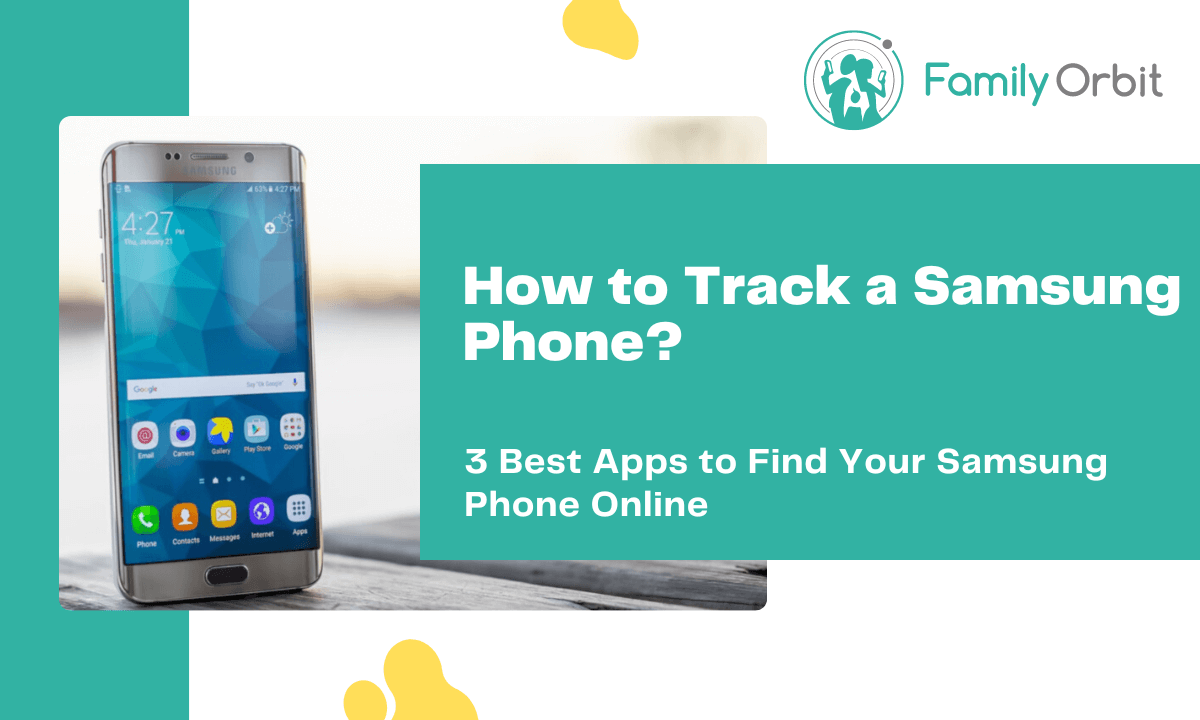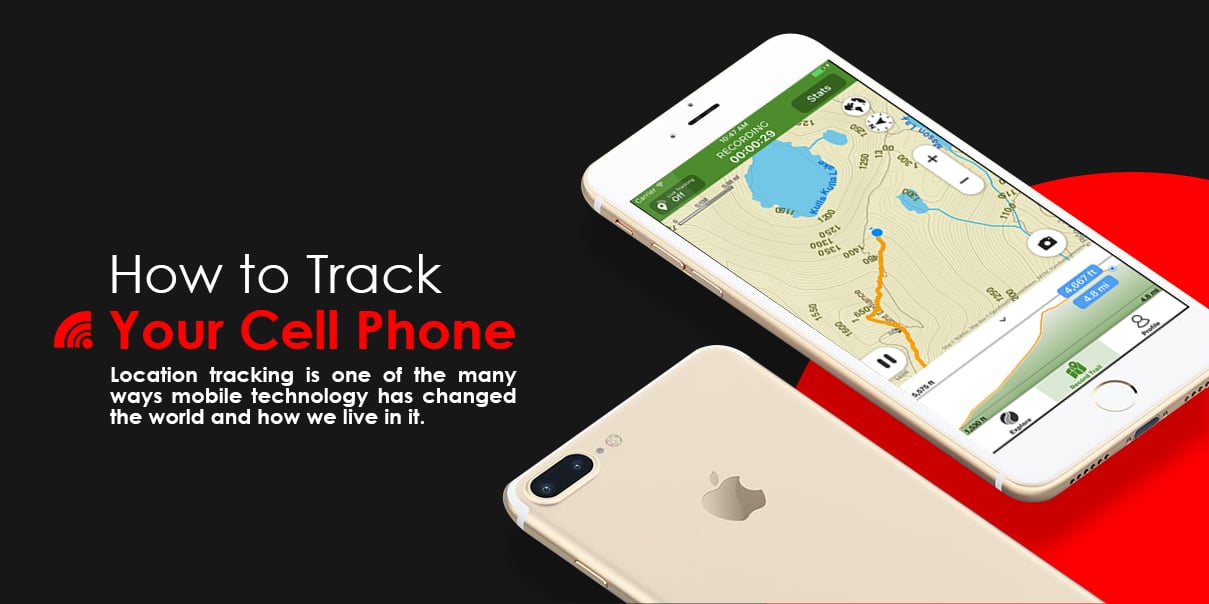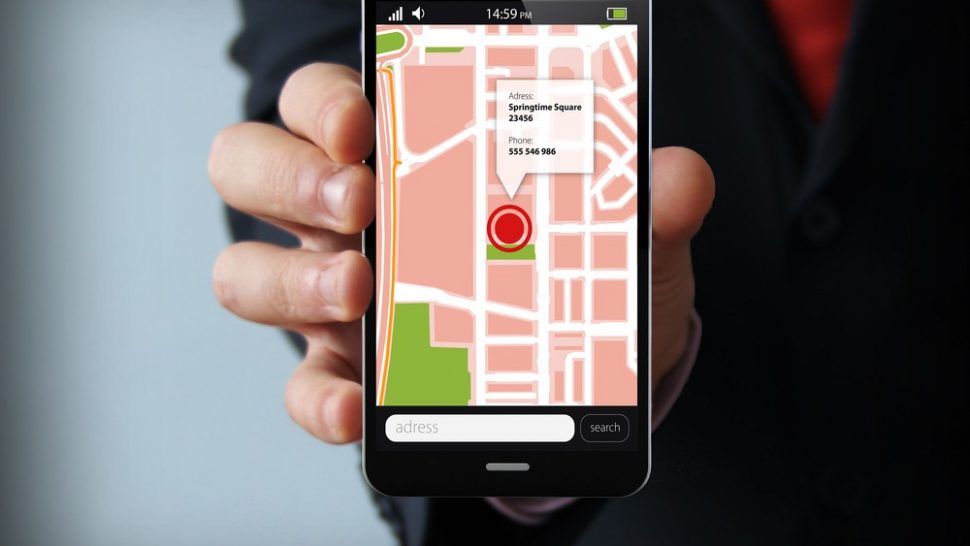Is There A Phone Tracker On My Phone

In an increasingly connected world, the question of whether your phone is being tracked is a growing concern for many. The ease with which technology allows for location monitoring has sparked both convenience and apprehension.
Understanding the potential for phone tracking, and how to identify it, is crucial for maintaining personal privacy and security. This article delves into the realities of phone tracking, exploring the methods employed, the signs to watch for, and the steps you can take to protect your information.
How Phone Tracking Occurs
Phone tracking can occur through various methods, both legitimate and malicious. Legitimate tracking often involves apps like Find My (Apple) or Find My Device (Google) intended for locating lost or stolen devices.
These services require explicit user consent and are tied to the device owner's account. However, tracking can also occur without explicit consent through stalkerware or malware designed to secretly monitor device activity.
These malicious applications can track location, monitor calls and messages, and even access camera and microphone without the user's knowledge. Network providers can also track phones for network optimization and legal purposes, but this data is generally anonymized or requires a warrant.
Signs Your Phone Might Be Tracked
Detecting phone tracking can be challenging, but certain signs may indicate suspicious activity. A sudden and unexplained decrease in battery life can be a red flag, as tracking apps consume resources in the background.
Increased data usage, particularly when you are not actively using your phone, could also signal unauthorized data transmission. Unexpected pop-up ads or unfamiliar apps appearing on your phone should also raise suspicion.
Pay attention to your phone's temperature; if it frequently feels warm to the touch even when idle, it could be due to background processes associated with tracking software. Unusual sounds during calls, while less common now, can still point to surveillance.
Steps to Take if You Suspect Tracking
If you suspect your phone is being tracked, immediate action is crucial. Begin by reviewing the list of installed applications and uninstalling any unfamiliar or suspicious ones.
A factory reset can erase all data and applications, effectively removing any malware, but remember to back up important data first. Consider using a mobile security app from a reputable vendor to scan your device for malware and other threats.
Change your passwords for important accounts, including email, social media, and banking, to prevent unauthorized access. Contact your service provider if you suspect your account has been compromised.
Legal and Ethical Considerations
Tracking someone's phone without their consent is generally illegal and unethical. Many jurisdictions have laws against stalkerware and unauthorized surveillance.
The Electronic Communications Privacy Act (ECPA) in the United States, for example, protects against the interception of electronic communications. Ethical considerations emphasize the importance of transparency and consent when tracking location data.
Legitimate tracking, such as parental control apps, should always be disclosed and used with the knowledge and consent of the person being tracked (or their legal guardian). There are legitimate reasons to track a phone but privacy is essential.
Protecting Your Phone from Tracking
Proactive measures can significantly reduce the risk of your phone being tracked. Keep your phone's operating system and applications updated to patch security vulnerabilities.
Be cautious about clicking on links or downloading attachments from unknown sources, as these can be vectors for malware. Enable two-factor authentication for important accounts to add an extra layer of security.
Review app permissions regularly to ensure apps only have access to the data they need. Be mindful of your surroundings and avoid leaving your phone unattended in public places. Install anti-malware software to regularly scan your device.
The Human Impact
The experience of being tracked can be deeply unsettling and have a significant emotional impact. It can erode trust, create anxiety, and even lead to feelings of paranoia.
For victims of domestic abuse, tracking can be used as a tool of control and harassment, further isolating them from support networks. Organizations like the National Domestic Violence Hotline provide resources and support for those experiencing technology-facilitated abuse.
The broader societal impact includes a growing awareness of privacy risks and a demand for stronger protections against unauthorized surveillance. This demand fuels technological advancements in privacy protection and strengthens legislation.
Understanding the potential for phone tracking and taking steps to protect your privacy is essential in today's digital landscape. By staying informed and vigilant, you can mitigate the risks and maintain control over your personal information.








![Is There A Phone Tracker On My Phone How to Track a Cell Phone Location for Free [Android and iPhone] - YouTube](https://i.ytimg.com/vi/YZn_k16qDzg/maxresdefault.jpg)

